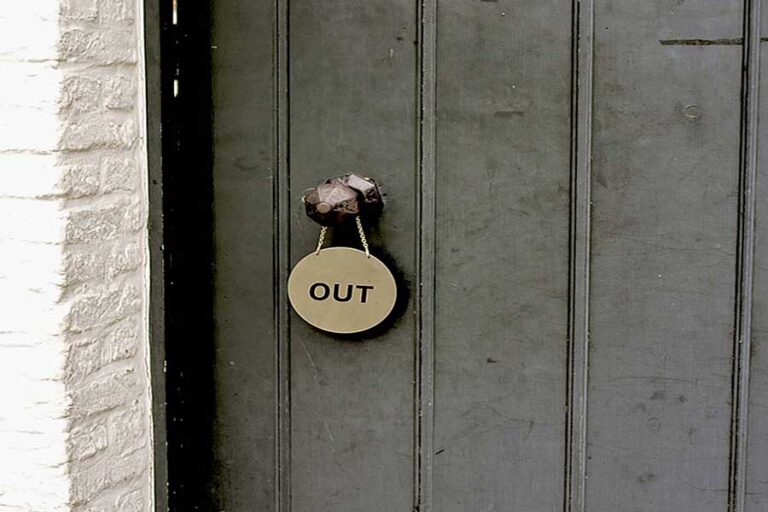Bava Metzia 101
Our Gemara on amud beis tells the story of a woman who was deceived and how her actions were justified by the rabbis. The Gemara recounts:
There was a man who bought a boat filled with wine but could not find a place to store it. He asked a woman if she had a place to rent to him, to which she initially said no. Knowing that she did have a suitable place, he then betrothed her and she allowed him to lease the space for his wine. However, he later sent her a bill of divorce, revealing that the betrothal was a trick. In response, she hired porters to remove the wine from her property and place it on the street. When this case was brought before Rav Huna, son of Rav Yehoshua, he ruled that her actions were justified and in line with the principle of “Like he did, so shall be done to him â his repayment shall come back on his head.”
Based on this Gemara, the Rama (CM 312:9) derives a practical halacha:
If a person rents a house to a friend and later they become enemies, the landlord cannot evict the tenant based on their changed relationship. However, if the initial rental agreement clearly stated that the arrangement was based on their friendship, then a later enmity could be grounds for eviction.
Shalah (Vavei HaAmudim, Chapter 26) uses this halacha to explain verses in Devarim (34:26 and 37) as a warning from Hashem that even though the Land of Israel was given out of love, falling out of favor could lead to losing it.
This serves as a reminder that our tenure on Earth is subject to G-d’s will, and maintaining a good relationship with the landlord is crucial to avoid sudden eviction.
Original Sin
Bava Metzia 102
Our Gemara on amud beis discusses the evaluation of a contractual phrase that slightly contradicts another part of the contract. For example, if a contract states “Twelve gold coins a year, one gold coin per month,” the question arises of the annual rent during a Hebrew leap year – 12 or 13 gold coins?
The discussion revolves around whether the second clause clarifies or overrides the first clause, with the concept of “tfos lâshon rishon” or “tfos lâshon acharon.” The Divrei Dovid in Bereishis connects this to a Midrash about the fruit trees at Creation, where the trees were meant to taste like the fruit but ultimately did not fulfill that ideal.
This Midrash symbolizes an original sin, even before humans, highlighting the idea that not every part of the plan yields fruit as intended. Despite this, knowing the potential inspires continual improvement and striving for perfection.
It is a reminder that while perfection may not always be achievable, striving towards it is essential for growth and progress.
Regenerate means to restore, renew, or revive something that has been lost or damaged. It can refer to physical or mental healing, as well as the process of growth and renewal.
Source link


